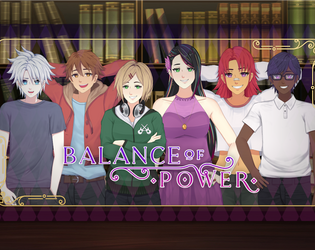Steamforged Games' board game adaptations of popular video game franchises, including Monster Hunter, Devil May Cry, Sea of Thieves, Gears of War, and the upcoming Elden Ring, are impressive. This review focuses on their Resident Evil trilogy: Resident Evil, Resident Evil 2, and Resident Evil 3.
Released in 2019, 2021, and 2023 respectively, these games share similar mechanics. Up to four players navigate perilous environments—dark corridors, burning streets, and sinister labs—recreating the narratives of the source material. Highly detailed miniatures bring the gruesome creatures and heroic survivors to life.
Featured Games & Expansions:

Resident Evil: The Board Game
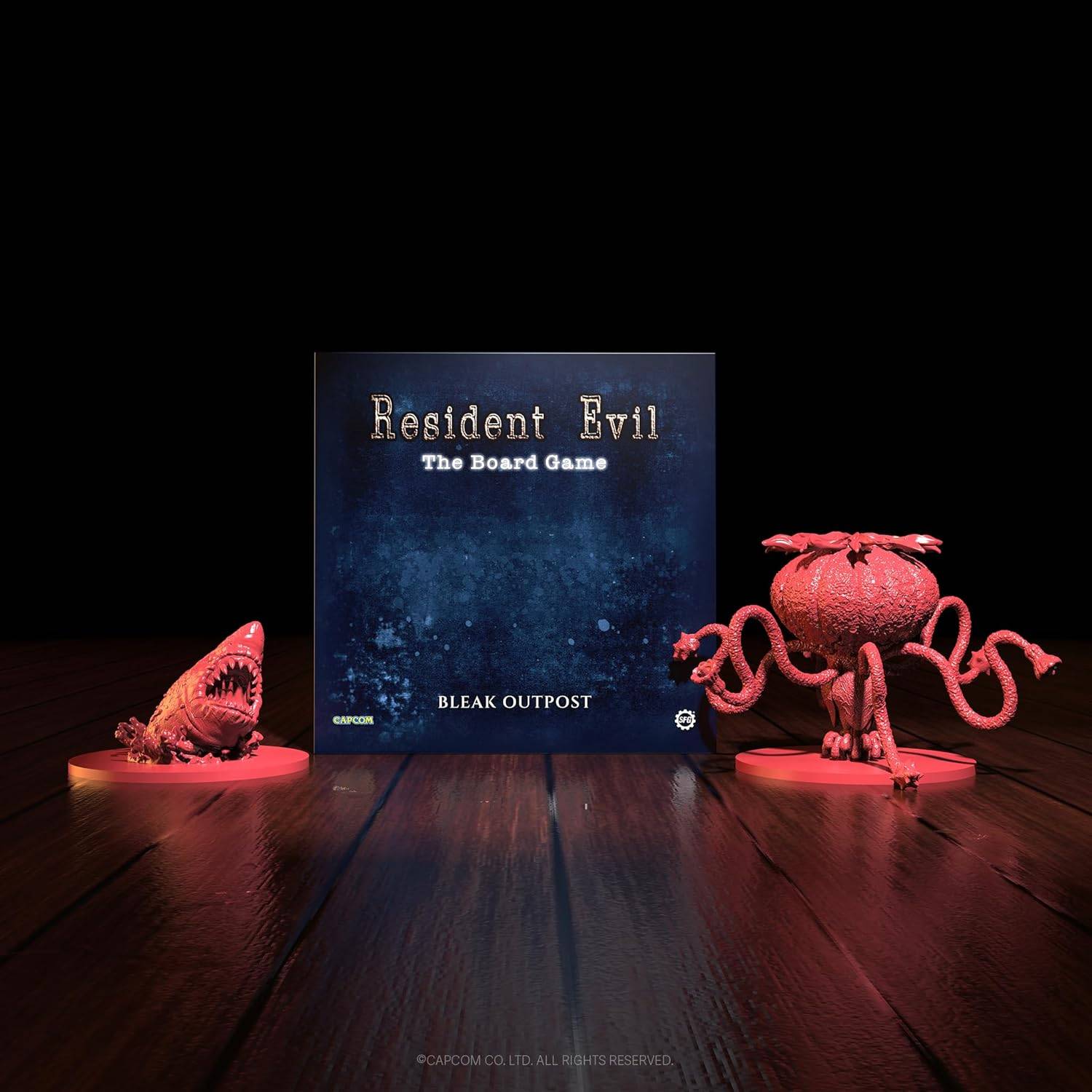
Resident Evil: The Bleak Outpost
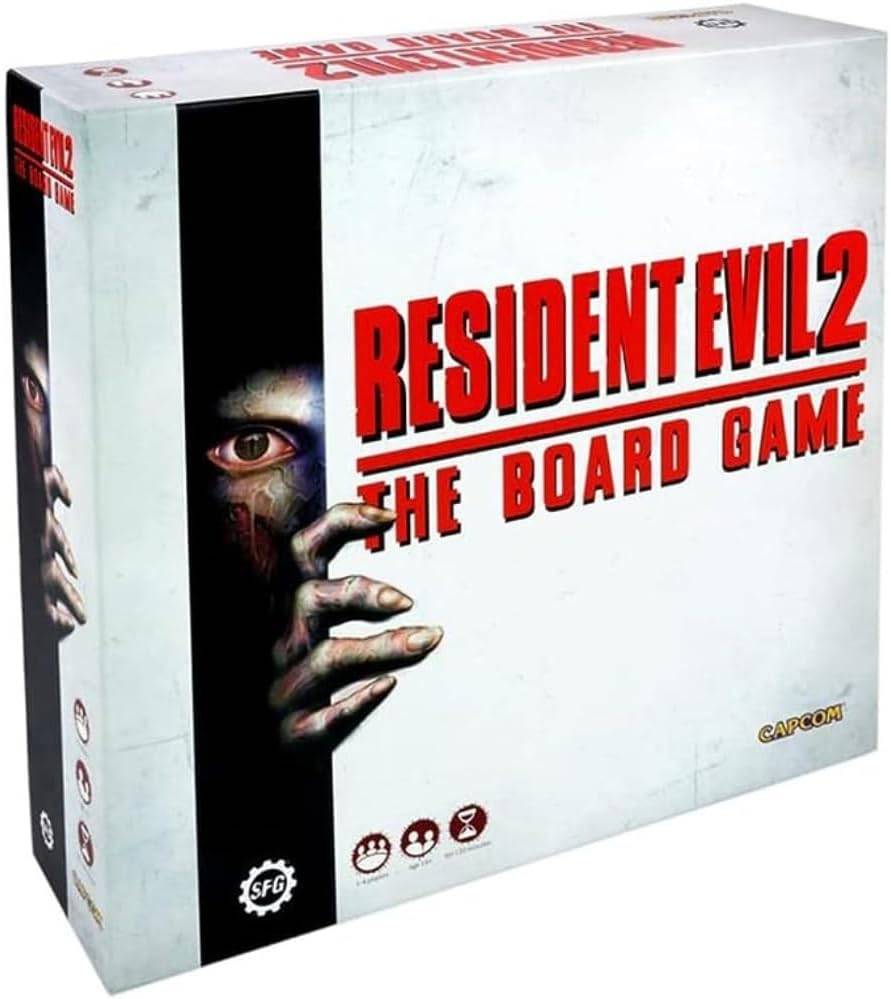
Resident Evil 2: The Board Game

Resident Evil 2 The Board Game: B-Files Expansion
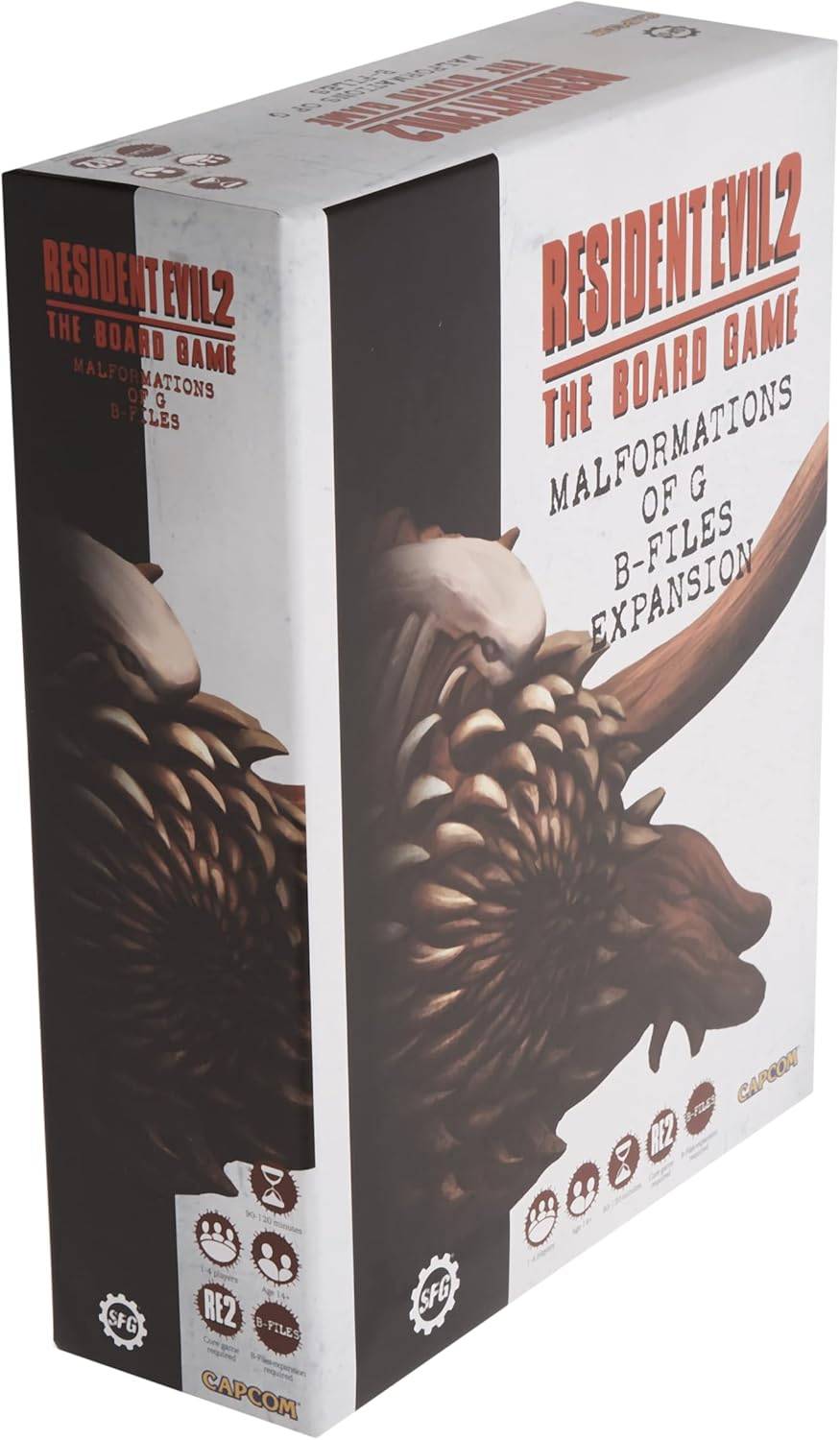
Resident Evil 2: The Board Game - Malformations of G B-Files Expansion
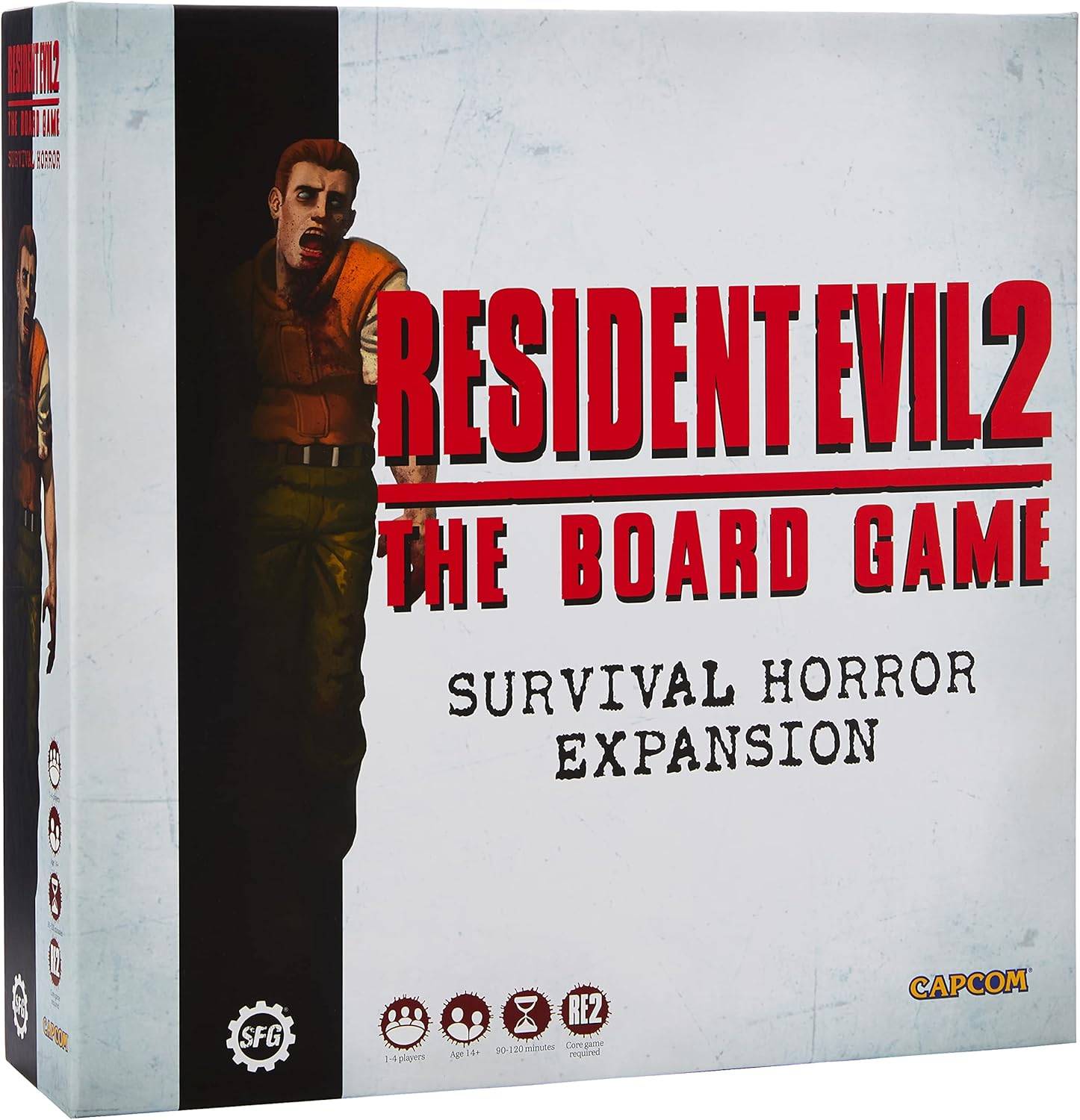
Resident Evil 2 The Board Game: Survival Horror Expansion

Resident Evil 2 The Board Game: - 4th Survivor Expansion
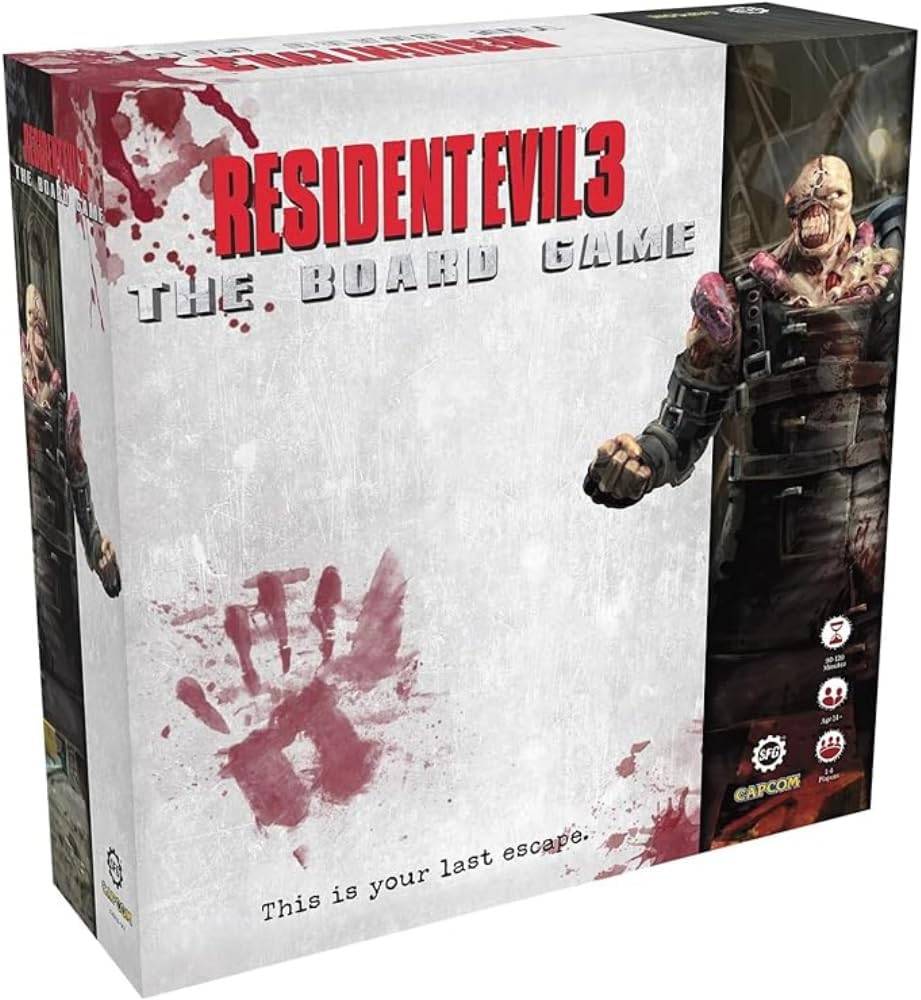
Resident Evil 3: The Board Game

Resident Evil 3: The Last Escape Expansion
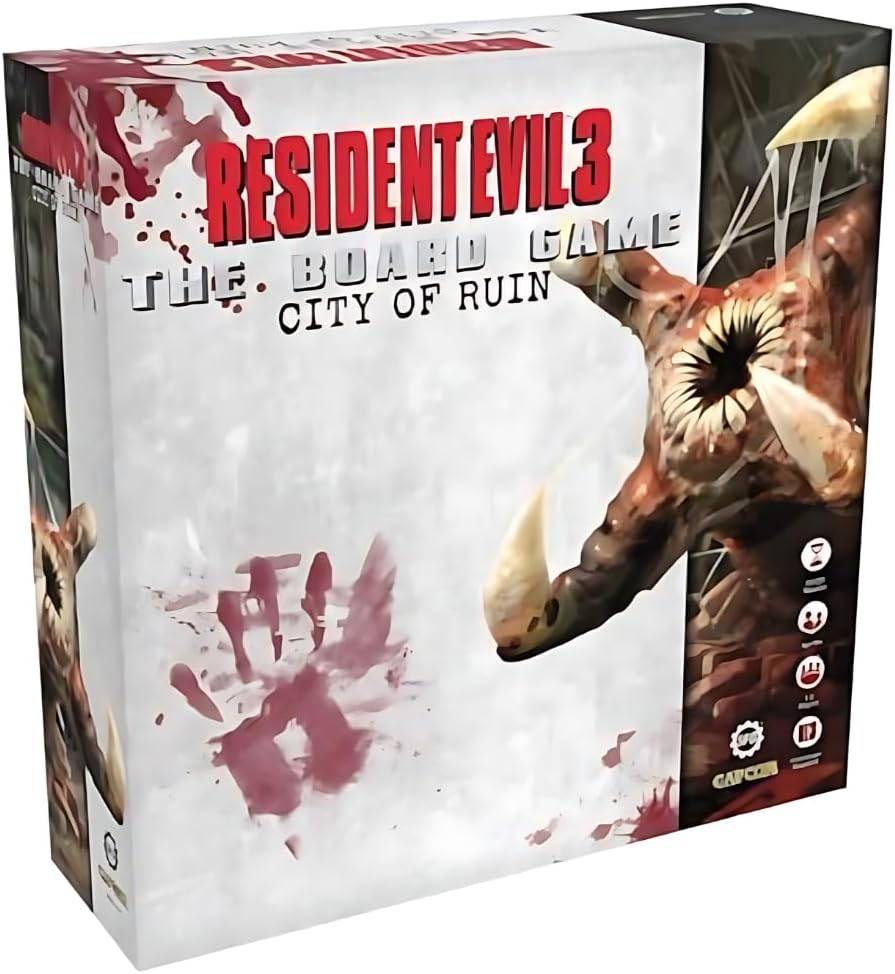
Resident Evil 3 The Board Game: City of Ruin Expansion
Gameplay unfolds across three phases: Action, Reaction, and Tension. Players have four actions per turn (move, interact with doors, search, trade, use items, or attack). Enemies react, moving and attacking, requiring dice rolls to evade. The Tension phase involves drawing cards that introduce varying levels of peril.
Combat uses dice rolls against weapon stats. Successful attacks might kill enemies, push them back, or miss entirely. Shooting attracts enemies from adjacent rooms (if doors are open), adding a strategic layer to combat.
Each game features multiple scenarios playable as standalone sessions or a connected campaign. Modular tile-based maps create varied levels. Player inventory, health, and other data carry over between scenarios in campaign mode.
The series shows iterative improvement. Resident Evil (2023), the latest entry, refines mechanics from its predecessors. It introduces support characters on special missions and utilizes card-based map building for faster setup. Zombie corpses persist until burned with kerosene, adding a new layer of challenge.
Resident Evil 2 (2019), while fun, lacks the polish of later titles. Its linear scenario progression and some component issues (dark tiles, missing parts) detract slightly from the experience.
Resident Evil 3 (2021) offers a more open-ended campaign structure, allowing for varied exploration of Raccoon City. The Danger Tracker mechanic adds dynamic difficulty.
Expansions significantly extend replayability, adding scenarios, characters, enemies, and new game modes. The Resident Evil 2 Survival Horror and Resident Evil 3 Last Escape expansions are particularly noteworthy.
Overall, Steamforged's Resident Evil board games offer engaging gameplay, thematic immersion, and high replayability. While Resident Evil (2023) is the most refined, each game provides a unique experience. The expansions greatly enhance the longevity and variety of each base game.



